Socrates-dualism-mind is more than our brain
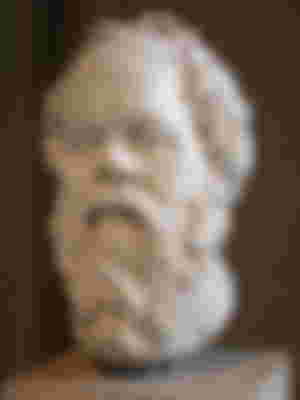
Socratic Philosophy
The self must be based on knowledge and not ignorance.
-Knowledge is the personification of good while ignorance is that of evil.
Knowing oneself is the key to pursuit of happiness which will be impossible without moral virtue.
-Self knowledge is the ultimate virtue. As the ultimate virtue, it will lead to ultimate happiness.
Plato believed that concepts had a universal form, an ideal form, which leads to his idealistic philosophy. Aristotle believed that universal forms were not necessarily attached to each object or concept, and that each instance of an object or a concept had to be analyzed on its own.
Plato- Dualism-idealism

The self is of moral value-which has proper balance and harmony in different aspects of the soul. The self is represented by the wellbeing of the soul.
-Moral virtue is rooted in the intellect and leads to happiness.
-Wisdom and knowledge lead to virtue which will lead to happiness.
St. Augustine-rationalism-reason=knowledge (Neoplatonism)
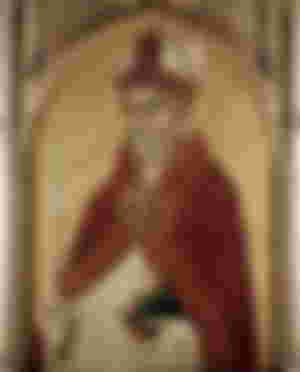
All knowledge leads to God. Only the pure in heart can see God.
The self is oneness with faith and love for God. The self is enriched with moral binds and living for other people in the grace and love for God
Rene Descartes-Mind body-dualism

The self is intellectually autonomous and has independent thinking. The self is capable of discerning discoveries that are productive and doubting is a vehicle to fully distinguish misinformation from the truth
Descartes and Augustine, in their respective examinations of the mind and God, come to the conclusion that the true understanding of all things derives from the withdrawal of the self from foreign influence and the necessity to look inward. Although each thinker’s journey or course of understanding was different, and at times rather contrasting, their ultimate realizations about knowledge are very coherent.
John Locke-empiricism-sense and experience (Theory of Personal Identity)
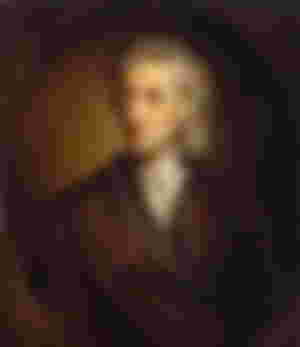
The self is composed of a constant identity that is lodged in consciousness. The self is composed of mental states deriving awareness of bodies and of the past
John initially suggests that everything that is alive is a self, but Ken pushes back, suggesting that the self is actually something hidden and inner. John proposes instead that the distinctive feature of the human self is our self-awareness, asking what it is that we’re aware of when we’re self-aware. John then tries out Hume and Kant’s ideas of the self, but Ken resists these as well as the idea of the self as a soul, admitting that philosophers really have made quite a mess of the concept of the self.
David Hume-empiricism-senses=knowledge (Skeptical Philosophy)
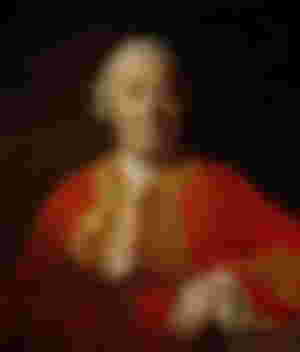
All knowledge passes through the senses.
Separate ideas can be joined in the mind.
There is no self, only a bundle of perceptions.
The self consists of memories and imagination where ideas are formed. The self is composed of properties that can be sensed from the conscious state. Hume held the belief that all the contents of the human mind were derived through experience only. He divided the mind’s perceptions into two groups, impressions and ideas. He declared that “the difference betwixt these consists in the degrees of force and liveliness with which they strike upon the mind”
Immanuel Kant-rationalism (Metaphysics of the Self)
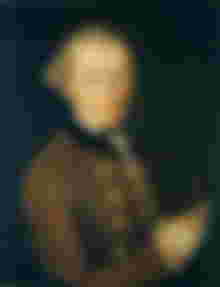
The self is composed of experience and reason interacting to produce thought and understanding. The self is the realities of one’s life and own perceptions.
Reason is the final authority of morality.
There is inner self and outer self.
The outer self includes the body and physical mind, where representations occur. "Whatever concept one may hold, from a metaphysical point of view, concerning the freedom of the will, certainly its appearances, which are human actions, like every other natural event, are determined by universal laws. However obscure their causes, history, which is concerned with narrating these appearances, permits us to hope that if we attend to the play of freedom of the human will in the large, we may be able to discern a regular movement in it, and that what seems complex and chaotic in the single individual may be seen from the standpoint of the human race as a whole to be a steady and progressive though slow evolution of its original endowment."
Sigmund Freud-empiricism “Father of Psychoanalysis”
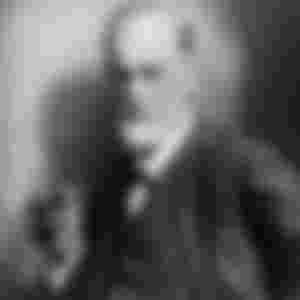
The self is composed of three layers. The Id, Ego and Superego. The self is a moderation of the pleasure principle and the ideal principle.
“The ego is not master in its own house."
Sigmund Freud postulated there are three layers of self within us all.
Gilbert Ryle-Cartesian dualism (EMPIRICIST)
The Concept of the Mind
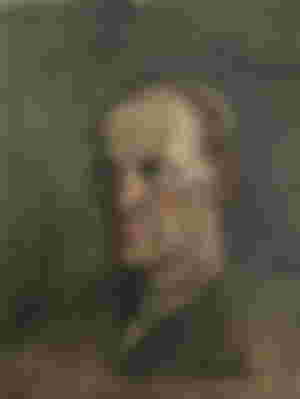
The self is composed of behaviors representing the individual. The self is composed of acts, responses and reactions shaped into a distinct personality
I act, therefore, I am.
The mind is not the seat of self. It is not a separate, parallel thing to our physical body.
The mind is a category mistake, brought about by habitual use. The only way it can affect the other is through the external world.
The Concept of Mind. His field, ordinary language philosophy, asserts that problems and false assumptions develop as we distort meanings of words. Ryle believed that our constant use of the word 'mind' has caused us to believe that minds actually exist.
Paul Churchland-materialism-all that exists is ultimately physical
Matter and Consciousness

The self is the brain. The self is represented through neuro-scientific activities of the brain. The self is the physical brain and not the imagined sense
We all have a physical brain, but we also have a separate mind. Adding to this distinction, dualists have historically asserted the mind is the seat of our consciousness. On the contrary, the brain is really just an organ similar to the heart or lungs.
Because the mind is the seat of our consciousness, it's what gives us our identity. No, we can't see it, taste it, or touch it, but it does exist. Not only does it exist, but it is what makes self, self.
Maurice Merleau-Ponty-existentialism-existence of the individual person as a free and responsible agent
Phenomenology of Perception

The self is based on one’s reality from experienced life circumstance. The self is phenomenological in the sense that the mind and actions of the body are interconnected.
We are our bodies. Our bodily experiences do not detach the subject/object, mind/body, rational/irrational.
Maurice Merleau-Ponty believed the physical body to be an important part of what makes up the subjective self.
Standing in contrast to rationalism is empiricism. Empiricism is the belief that our physical senses are the only source of knowledge. If the source of our knowledge can't be seen, touched, heard, tasted, etc., it really can't be trusted. Or, in other words, if it can't be empirically studied, it's a no go. Under these parameters, the idea of some mystical mind independently perceiving and giving us our sense of self comes under some serious scrutiny. An empiricist may argue that our physical body, and not some mystical mind, makes up our sense of self. While the rationalist would say, 'I think, therefore I am', an empiricist would say, 'I sense, therefore I am!'
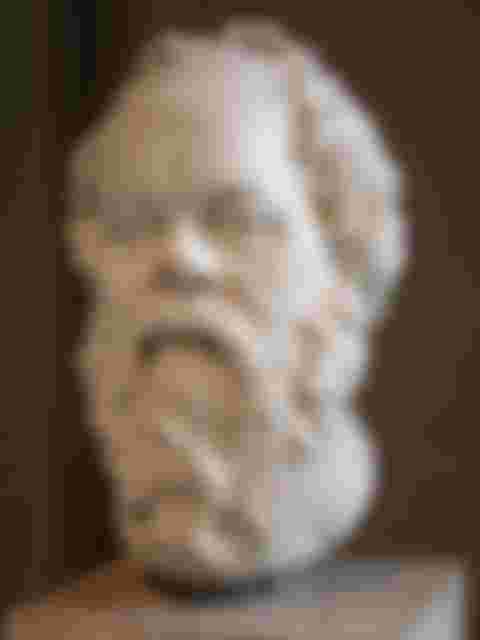
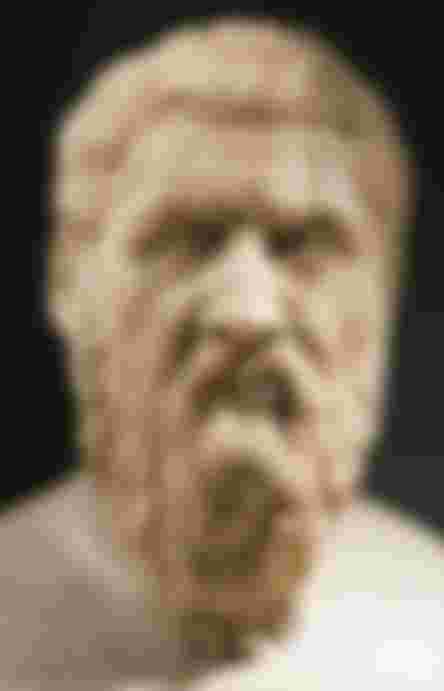
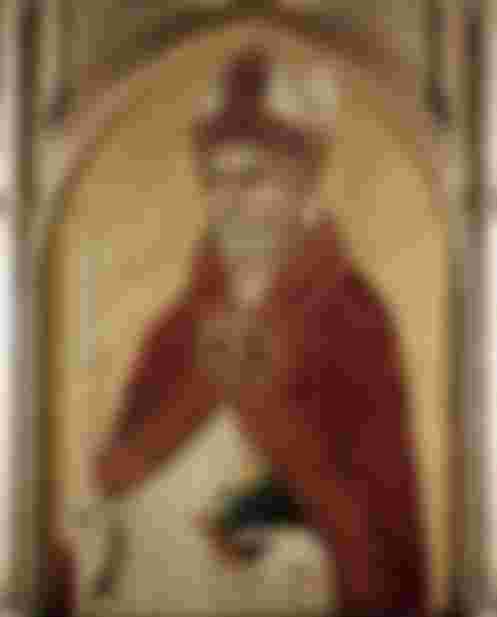

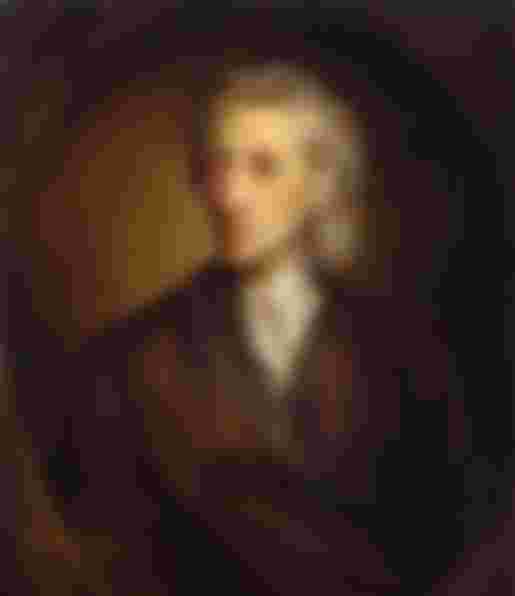
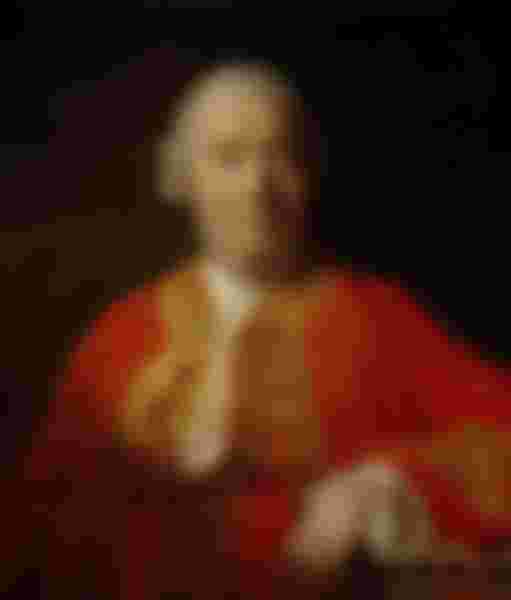

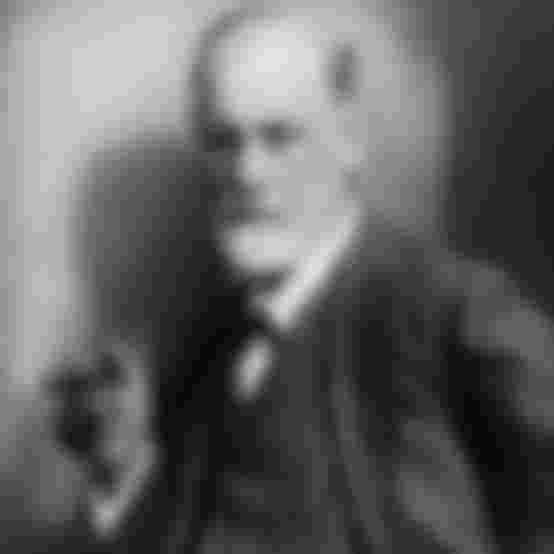
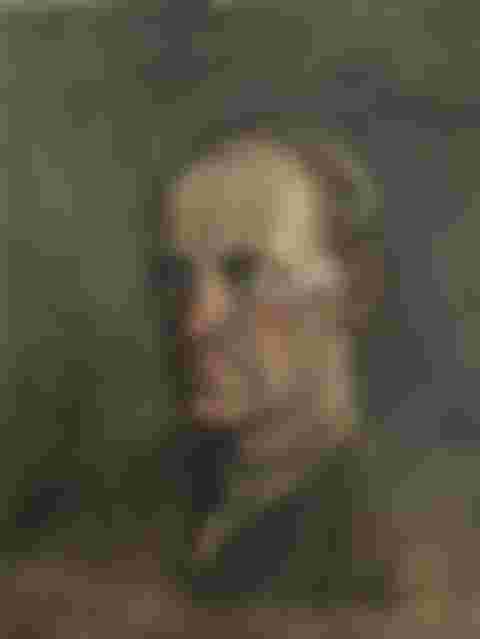

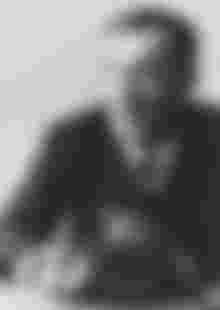
Now I am wondering if where did I put my activity about this. Hmm hahhahahah